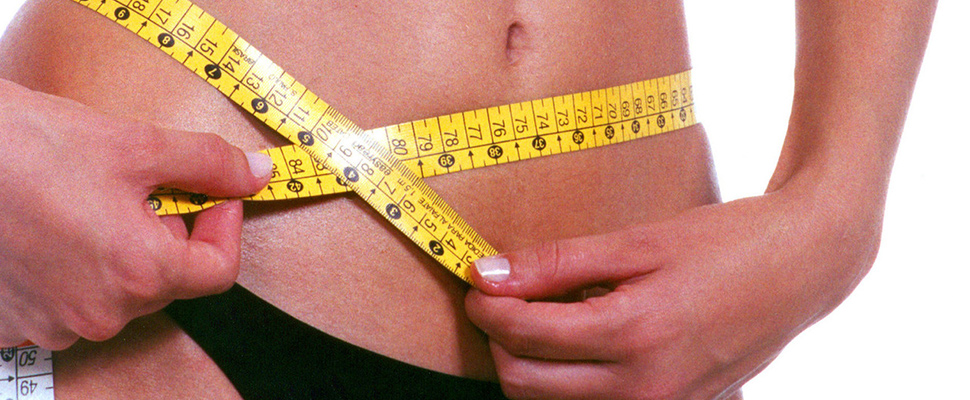Eating slowly could be the key to keeping the weight off
Consuming less calories exercising vigorously are not the only right ways to lose weight

Over the years, considerable research has been conducted on the relationship between slow eating and weight loss. The latest study on the subject published on 2018 by Graduate School of Medical Sciences in Fukuoka, Japan, looked at data from 60,000 people with diabetes over a six-year period; the people who ate at a normal speed were 29% less likely to be obese than people who ate quickly; people who ate slowly had 42% lower odds of being obese. And surprisingly, people who slowed their eating over the study period tended to lose weight over time. This latest study also concluded that the cessation of eating dinner within 2 hours before sleeping, the cessation of snacking after dinner, and consistently having breakfast played a role supporting weight loss.
Also, a study presented in the Annual Scientific Meeting of the North American Association for the Study of Obesity held in 2004 showed that overweight men and women actually ate less when they ate at a pace slower than usual. Another study carried by the Fukuoka University on 2011,looked at the weight changes of 529 men over an 8-year period. Those who reported being “fast” eaters gained more than twice as much as self-described “slow” or “medium” eaters.
The reported reason behind this phenomenon of eating slow and losing weight is the suppression of the hormone gherlein by the gut, which controls hunger. Is believed that it takes about 20 minutes for the brain to register the hormone level change indicating someone is full. If a person eats fast, he or she can continue eating past the point of fullness increasing their calorie intake. On the other hand, the results mentioned before match other studies which have shown that people who eat faster also tend to weigh more; and it has even been suggested that eating fast is independently associated with insulin resistance, the main cause of diabetes mellitus type two.
Weight loss is a problem that goes beyond beauty standards. besity is considered an important risk factor for ischaemic heart disease, stroke, certain cancers, diabetes, and it was even reported the most important health issue worldwide by 2011.
This link between weight gain and eating rapidly may be useful for public educational purposes. Eating more slowly should be construed more as a preventive health measure for losing weight than to follow complicated dietary programs. It is also important to remember that a healthy diet and exercise is not only about weight lost but most importantly about healthy lifestyle. That being said, here are some things that you can do to help you eat slower:
- Chew more: it has been suggested by dietitians that hard foods should be chewed 20 to 30 times.
- Turn off distractions: try to avoid electronics and screens while eating.
- Breathe: take breaths between bites.
Latin American Post | Lili Cortés
Copy edited by Laura Rocha Rueda





